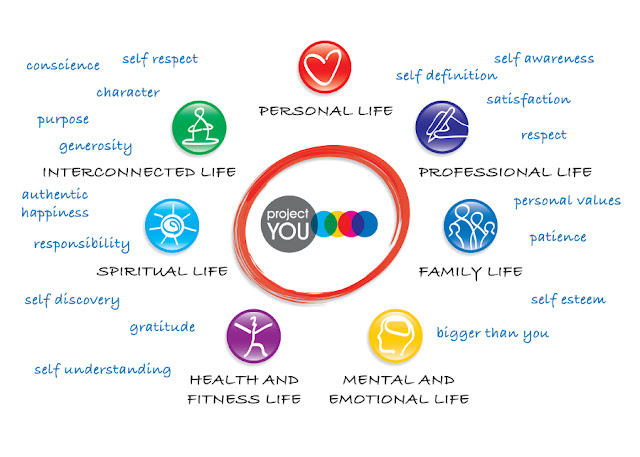Inspirational Quotes to Improve Emotional and Mental Health
What you are and who you are today is not necessarily what you ought to become.
In fact, it is almost assuredly not so. Otherwise, you would have no room for further growth and development, nor any need for further human experiences.
Success in Living A Determined Life comes mostly through developing a deeper self-understanding and honing your "inner talk" skills and the conversations you hold with yourself. This also requires you to know, understand, and accept the reality of the way you are at any given point in time, starting with now.
Once you fully know yourself, you are better able to be true to who you truly are by striving to become what your soul wants you to be across all elements of your. This is the path to emotional and mental happiness.
We all occasionally struggle with controlling our emotions and dealing with down periods in our lives. It is not possible to always be emotionally up and mentally strong. And we all need motivational pointers to help us overcome our emotional weights and negative thoughts. That's why we wrote 365 Motivational Quotes for Emotional & Mental Happiness.
Here are some of our favorite quotations you'll find in the book:
Worry often gives a small thing a big shadow.
Swedish Proverb
Guilt is anger directed at ourselves.
Peter McWilliams
Loving people live in loving
world. Hostile people live in a hostile world. Same world.
Wayne Dyer
He who angers you conquers you.
Elizabeth
Kenny
Life reflects your own thoughts back to you.
Napoleon
Hill
We can always choose to perceive things differently. You can focus on
what's wrong in your life, or you can focus on what's right.
Marianne
Williamson
Any person capable of angering you becomes your master; they can anger
you only when you permit yourself to be disturbed by them.
Epictetus
Make it a rule of life never to regret. Regret is an appalling waste of
energy — you can't build on it; it's only for wallowing in.
Katherine Mansfield
The motivational quotations in this book will provide you with a wealth of beliefs and ideas for overcoming emotional and mental challenges, enabling you to live a life framed through self-awareness, mindfulness, authentic happiness, being present, peace and peacefulness, love, attaining goals, and being connected with your spiritual self.
Project You: 365 Motivational Quotes for Emotional & Mental Happiness is available on Amazon in paperback ($4.88) and Kindle ($2.99) formats.



